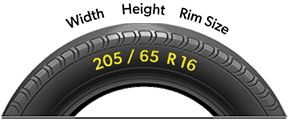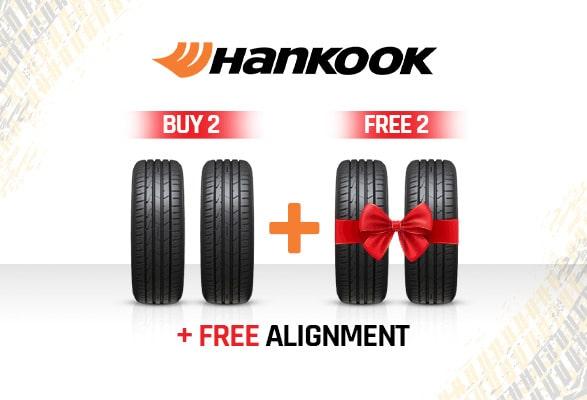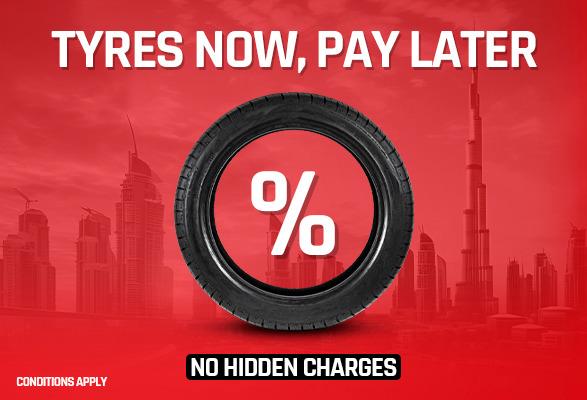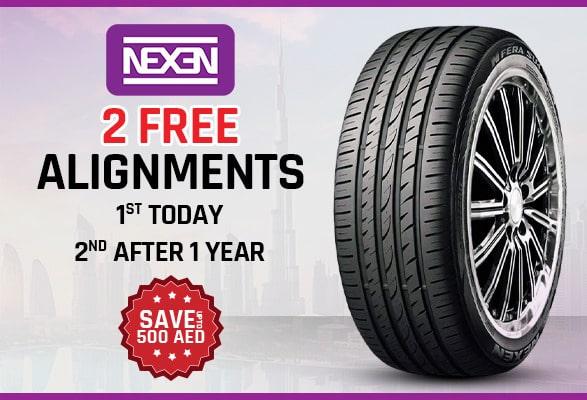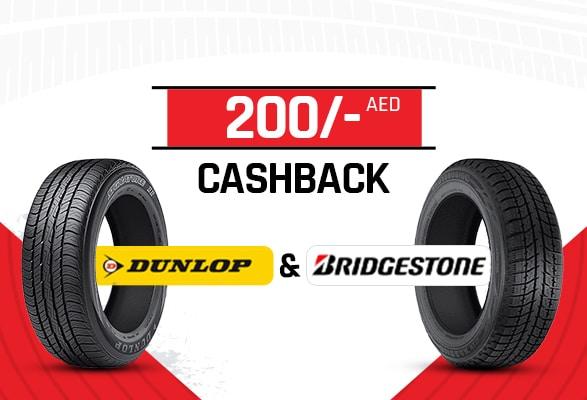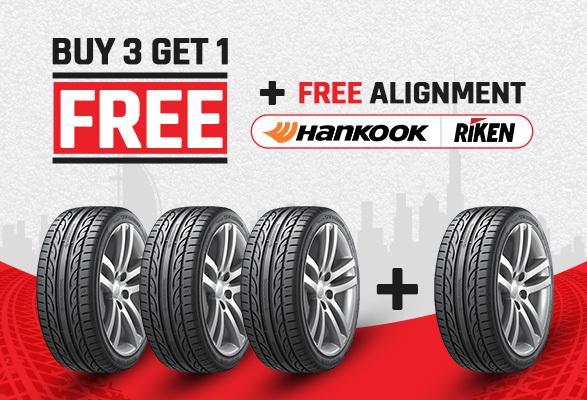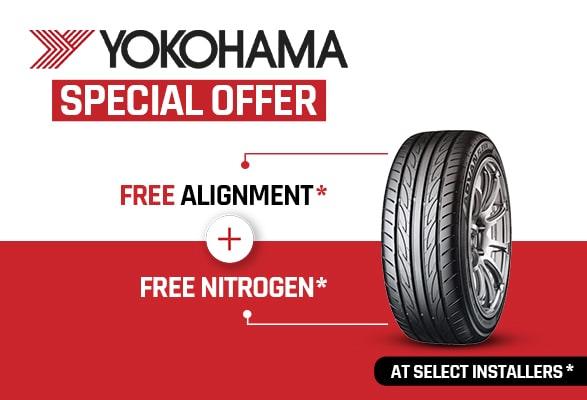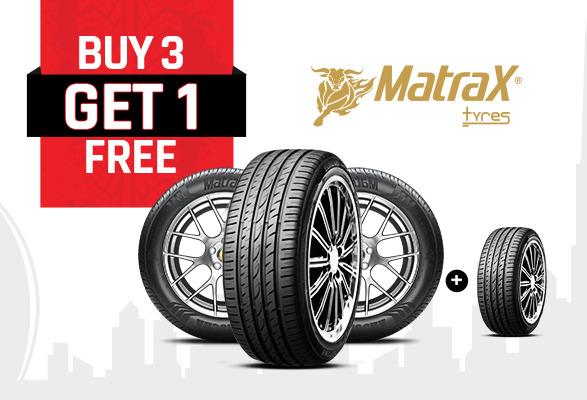OE vs. OEM Tyres: Which is Right for Your Car?
When it comes to replacing your car tyres, you're likely to come across the terms OE and OEM. While they might sound similar, they represent different things. Understanding the difference between OE and OEM tyres is crucial for making an informed decision that ensures your car's performance, safety, and longevity. This comprehensive guide will delve into the world of OE and OEM tyres, helping you choose the perfect set for your vehicle.
What is an OE tire?
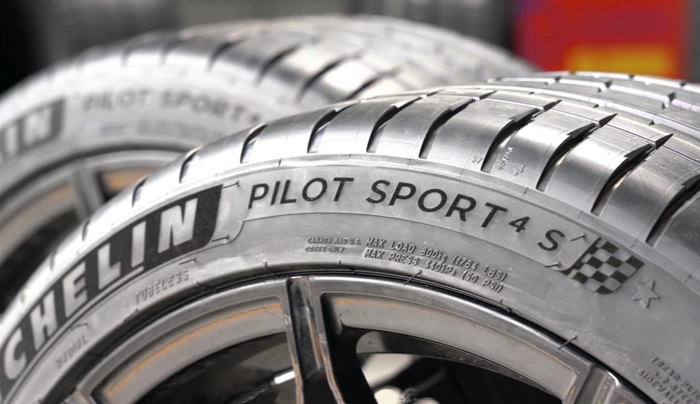
OE, short for Original Equipment, refers to tyres that are fitted to a car as standard by the manufacturer. These tyres are specifically designed to match the vehicle's characteristics, ensuring optimal performance, handling, and ride comfort. Car manufacturers collaborate with tyre manufacturers to develop tyres that perfectly complement the vehicle's design and intended use.
What is an OEM tyre?
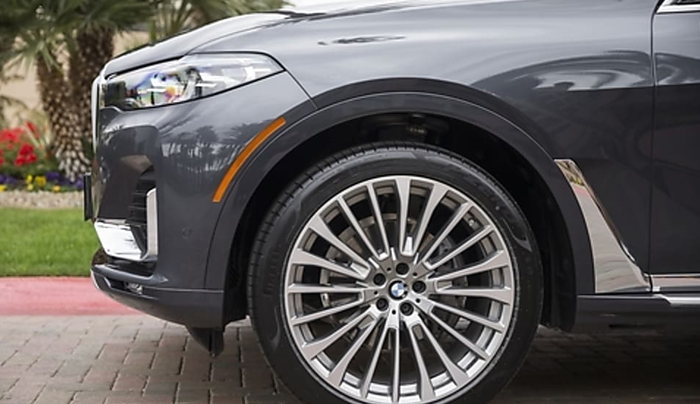
OEM, which stands for Original Equipment Manufacturer, is often used interchangeably with OE, but there's a slight distinction. OEM refers to the original manufacturer of a part, including tyres. So, while OE tyres are the tyres fitted by the car manufacturer, they might be produced by a different tyre brand.

Buy Your Tires Now and Hit the Road!
Want Premium Tyres! Get the perfect tires for your vehicle today from PitStopArabia.
Key Differences Between OE and OEM Tyres
The major difference between both is that OE tyres are factory-fitted for your specific car model. OEM tyres are made by the same manufacturer but not necessarily tailored for your car.
|
Feature |
OE Tyres |
OEM Tyres |
|
Manufacturer |
Specified by car manufacturer |
Produced by the original equipment manufacturer |
|
Design |
Tailored to the specific car model |
Maybe a generic design |
|
Performance |
Optimized for the car's characteristics |
Can vary in performance |
|
Warranty |
Often covered by the car warranty |
Typically covered by the tyre manufacturer's warranty |
OE Tyres vs. Off-the-Shelf Tyres
Here, we'll expand on the concept of OE tyres and introduce the category of Off-the-shelf tyres to provide a clearer distinction for the target audience.
OE Tyres
OE tyres refers to tyres that are fitted to a car as standard by the manufacturer. These tyres are specifically designed to match the vehicle's characteristics, ensuring optimal performance, handling, and ride comfort. Car manufacturers collaborate with tyre manufacturers to develop tyres that perfectly complement the vehicle's design and intended use.
Off-the-Shelf Tyres
Off-the-shelf tyres, also known as replacement tyres, are generic tyres designed to fit a wide range of vehicles. They may not be specifically designed for your car model but can provide a compatible and cost-effective option.
Choosing Between OE and Off-the-Shelf Tyres

When to Choose OE Tyres
- Preserving the car's original performance: If you prioritize maintaining the car's factory-tuned handling and ride quality, OE tyres are the ideal choice.
- Extending the car's warranty: In some cases, using OE tyres can help maintain your car's warranty coverage.
When to Choose Off-the-Shelf Tyres
- Cost-effectiveness: Off-the-shelf tyres might offer a more affordable option compared to OE tyres.
- Specific performance needs: If you have specific requirements, such as off-road tyres capability or fuel efficiency, off-the-shelf tyres might provide better options with a wider variety to choose from.
Factors to Consider When Choosing Tyres
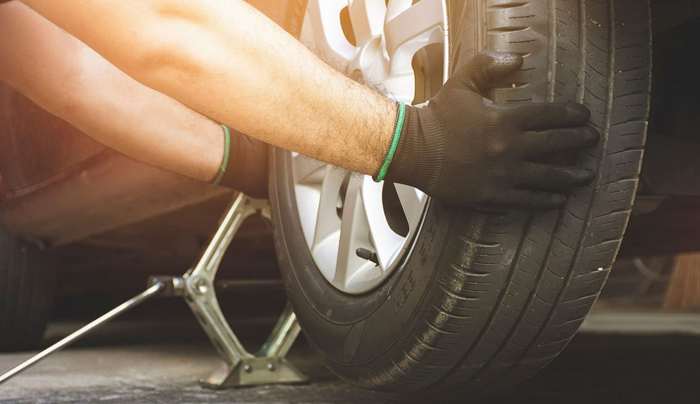
- Vehicle type: Different car models have specific tyre requirements based on their size, weight, and intended use.
- Driving conditions: Consider the road conditions you typically encounter, such as city driving, highways, or off-road terrain.
- Budget: Tyres vary in price, so it's essential to set a budget before making a decision.
- Performance expectations: Determine your priorities, whether it's handling, comfort, fuel efficiency, or a combination of factors.
Conclusion
Understanding the differences between OE and OEM tyres is crucial for making an informed decision when replacing your car's tyres. By carefully considering your vehicle's specific needs and driving preferences, you can select the tyres that best suit your requirements. Remember, investing in high-quality tyres is essential for your safety and overall driving experience.
FAQs
What does the OE mean on a tyre?
OE stands for Original Equipment. It refers to tyres that are fitted to a car as standard by the manufacturer. These tyres are specifically designed to match the vehicle's characteristics.
What is the OE code on a tire?
The OE code is a specific identification number assigned to a tyre by the car manufacturer. It indicates that the tyre is original equipment for a particular vehicle model.
Are OEM tires different?
OEM stands for Original Equipment Manufacturer. While OEM tyres are produced by the same manufacturer that supplied the OE tyres, they might not be specifically designed for your car model. They are often more affordable than OE tyres.
What does OEM mean on wheels?
Similar to tyres, OEM wheels are original equipment wheels fitted to a car by the manufacturer. They are specifically designed to match the vehicle's suspension and braking system.



